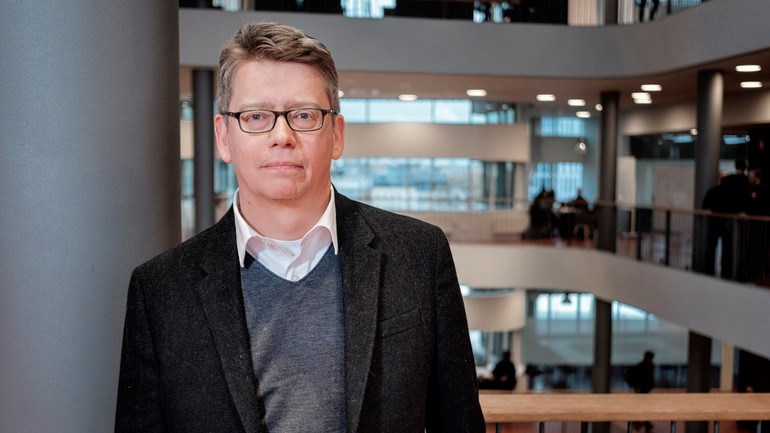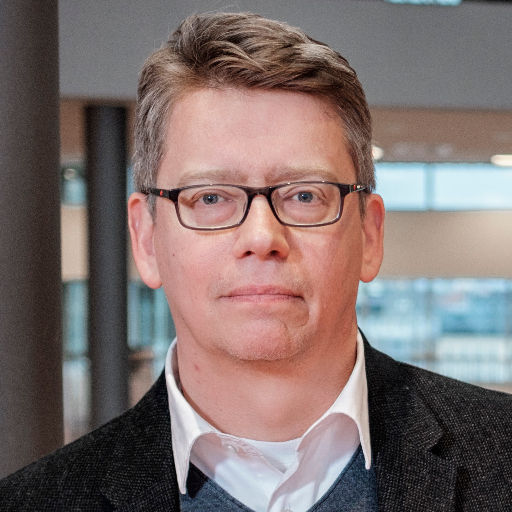Sustainable Digitalisation: “We can achieve groundbreaking research!”

The new research centre will take a broader approach to the subject and also study the societal and social aspects, says Professor Paul Davidsson.
The goal of the Sustainable Digitalisation Research Centre (SDRC) is to contribute knowledge to promote the development of a sustainable society, and also to ensure that digitalisation itself is used in a sustainable way.
The previous research centre, Internet of Things and People (IoTaP), has been replaced by the Sustainable Digitalisation Research Centre, but it is much more than just the name that is new.
“IoTaP largely focused on the technical aspects, but digitalisation is more complicated than that and in order to take a broader approach to the subject, we will now also study the societal and social aspects,” says Paul Davidsson, director of the research centre.
Fifty researchers and 20 doctoral students are initially part of the centre, which include a significant number of social scientists from the faculties of Culture and Society and Education and Society. The broad interdisciplinary approach is reflected not least in the centre's five research themes, which are:
- Health and wellbeing: The use of digital technologies to support all phases of care, including preventive care and wellbeing
- Home and everyday life: Effects of digitalisation in everyday life; homes are changing as they become increasingly filled with connected devices with cameras, microphones, and other sensors
- Education and lifelong learning: Using digital tools to facilitate and enhance learning in the school environment, such as how to use AI in teaching
- Transport and mobility: How digital technologies can be used to plan transport, guide travellers and support autonomous vehicles
- Energy and buildings: Digital solutions to improve the production, distribution, and consumption of energy, and to increase the safety of buildings
What are the biggest challenges for the Centre going forward?
“It's probably the interdisciplinary aspect. Coming from different traditions and using different methods but also speaking to different academics from different fields of study. The most important thing is that we understand each other. And if we can do that, we can achieve groundbreaking research in the future,” says Davidsson.


